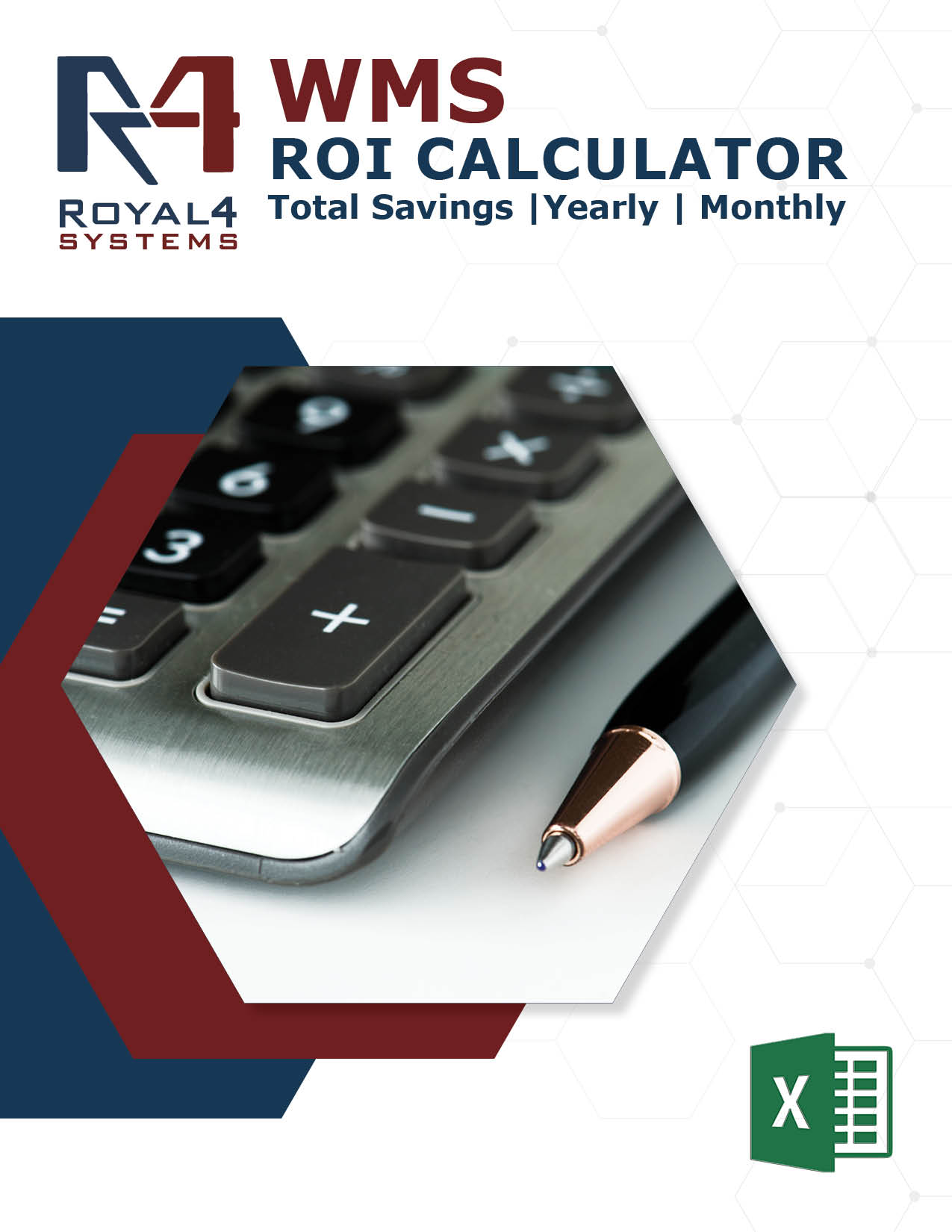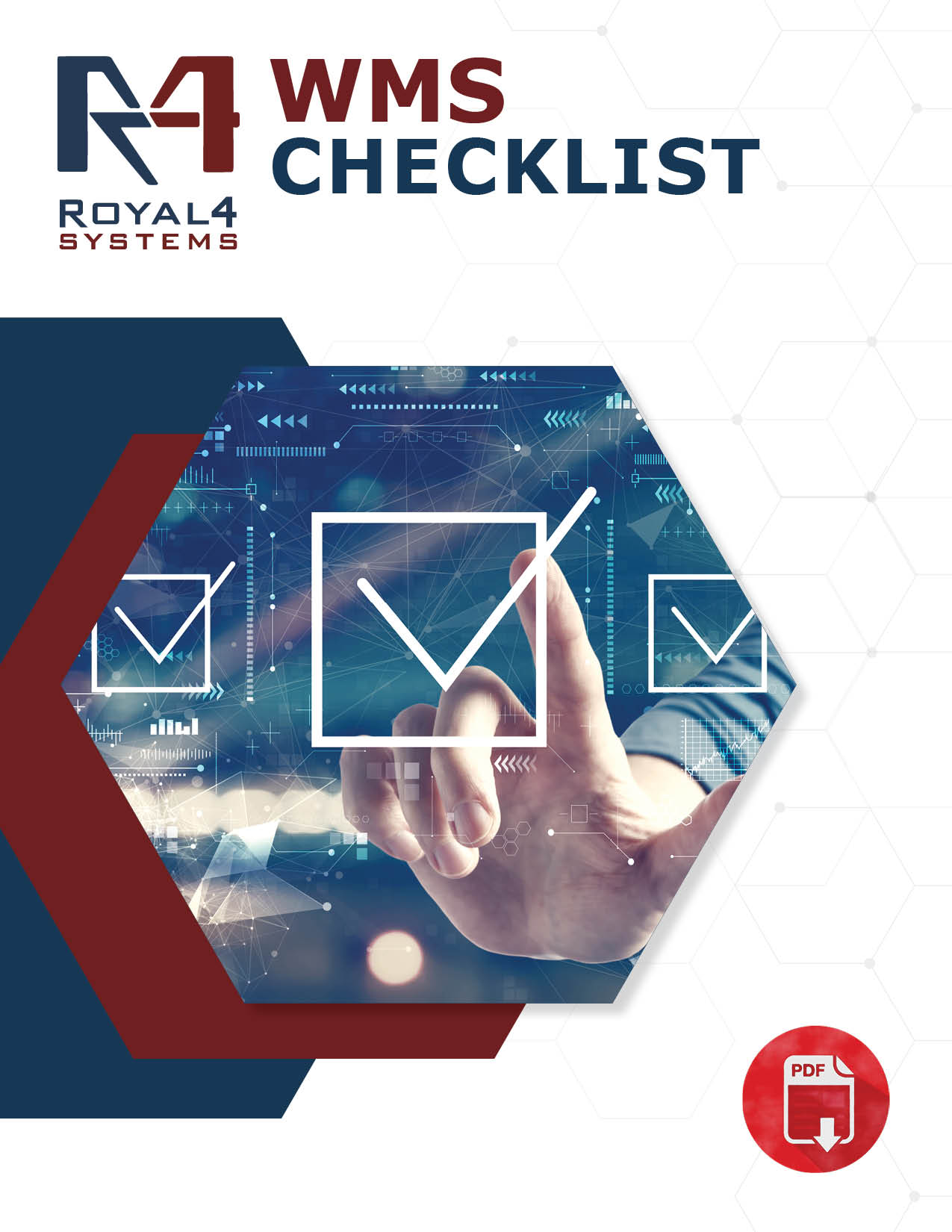
In today’s complex and dynamic retail landscape, supply chain disruptions can have a significant impact on businesses. Retailers increasingly turn to Supply Chain Management (SCM) software to overcome these challenges and improve their supply chain efficiency.
Key Challenges Faced by Retailers in Supply Chain Management
- Global Supply Chain Disruptions: Natural disasters, geopolitical events, and trade wars can disrupt global supply chains, leading to delays, shortages, and increased costs.
- Inventory Management Challenges: Maintaining optimal inventory levels is crucial for meeting customer demand and minimizing costs. Overstocking can tie up capital, while understocking can lead to lost sales and customer dissatisfaction.
- Demand Forecasting Inaccuracies: Predicting future demand is challenging, and inaccurate forecasts can result in excess inventory or stockouts.
- Supplier Risk Management: Identifying and mitigating risks associated with suppliers, such as financial instability or quality issues, is essential for a resilient supply chain.
How SCM Software Can Help Retailers Overcome Supply Chain Challenges
- Enhanced Visibility and Transparency: SCM software provides real-time visibility into the entire supply chain, from raw material sourcing to product delivery. This enhancement enables retailers to track shipments, identify potential disruptions, and proactively mitigate risks.
- Optimized Inventory Management: SCM software can help retailers optimize inventory levels using demand forecasting, algorithms, and real-time stock levels and sales data. This optimization can reduce the risk of stockouts or overstocks, improve cash flow, and minimize costs.
- Risk Management and Mitigation: SCM software can help retailers identify and assess potential risks in their supply chain, such as supplier reliability, transportation delays, and natural disasters. By understanding these risks, retailers can develop contingency plans and take proactive measures to mitigate their impact.
- Improved Supplier Relationships: SCM software can facilitate better communication and collaboration with suppliers, leading to stronger relationships and more reliable supply chains. By sharing data and information with suppliers, retailers can work together to identify and address potential issues which will reduce costs and complexities for both organizations.
- Data-Driven Decision Making: SCM software provides retailers with access to a wealth of data that can be used to make informed decisions about their supply chain. By analyzing data on inventory levels, sales trends, and supplier performance, retailers can identify areas for improvement and optimize their supply chain operations.
Key Features of SCM Software for Retailers
- Demand Forecasting: Accurate demand forecasting can help retailers optimize inventory levels and avoid stockouts or overstocks.
- Inventory Management: SCM software can track inventory levels, manage purchase orders, and optimize replenishment processes.
- Transportation Management: Retailers can use SCM software to manage transportation activities, including carrier selection, route planning, and shipment tracking.
- Supplier Management: SCM software can help retailers manage supplier relationships, track performance, and identify potential risks.
- Risk Management: Retailers can use SCM software to identify and assess their supply chain risks and develop contingency plans to mitigate their impact.
- Analytics and Reporting: SCM software provides retailers with advanced analytics capabilities to analyze data, identify trends, and make data-driven decisions.
Additional Considerations for Implementing SCM Software
- Integration with Other Systems: Ensure the SCM software can integrate seamlessly with other systems used by your retail business, such as your ERP system, POS system, and e-commerce platform.
- Data Quality: Ensure that the data entered into the SCM software is accurate and reliable to obtain meaningful insights and make informed decisions.
- Customization: Consider the software’s customization options to ensure it aligns with your specific business processes and requirements.
- Cloud-Based vs. On-Premise: Consider factors such as scalability, cost, and security to decide whether a cloud-based or on-premise solution is best for your business.
- Training and Support: Evaluate the vendor’s training and support services to ensure your team can use the SCM software effectively and receive assistance when needed.
The Future of SCM Software for Retailers
As technology evolves, SCM software will become even more sophisticated and capable of addressing retailers’ complex challenges. Future trends include:
- Artificial Intelligence (AI) and Machine Learning: AI and ML can predict demand, optimize inventory levels, and identify potential supply chain disruptions.
- Internet of Things (IoT): IoT-enabled devices can provide real-time visibility into inventory levels, transportation activities, and other aspects of the supply chain.
- Blockchain Technology: Blockchain can create a transparent and secure record of supply chain transactions, reducing the risk of fraud and counterfeit products.
SCM software is a valuable tool for retailers looking to overcome supply chain challenges, improve efficiency, and enhance profitability. By leveraging its capabilities, retailers can gain greater visibility into their supply chains, optimize inventory levels, mitigate risks, and improve customer satisfaction. As technology advances, the role of SCM software in retail will only become more critical.
Request a Consultation
Need more information?
Solutions






![image001[25]](https://www.royal4.com/wp-content/uploads/2023/11/image00125.png)